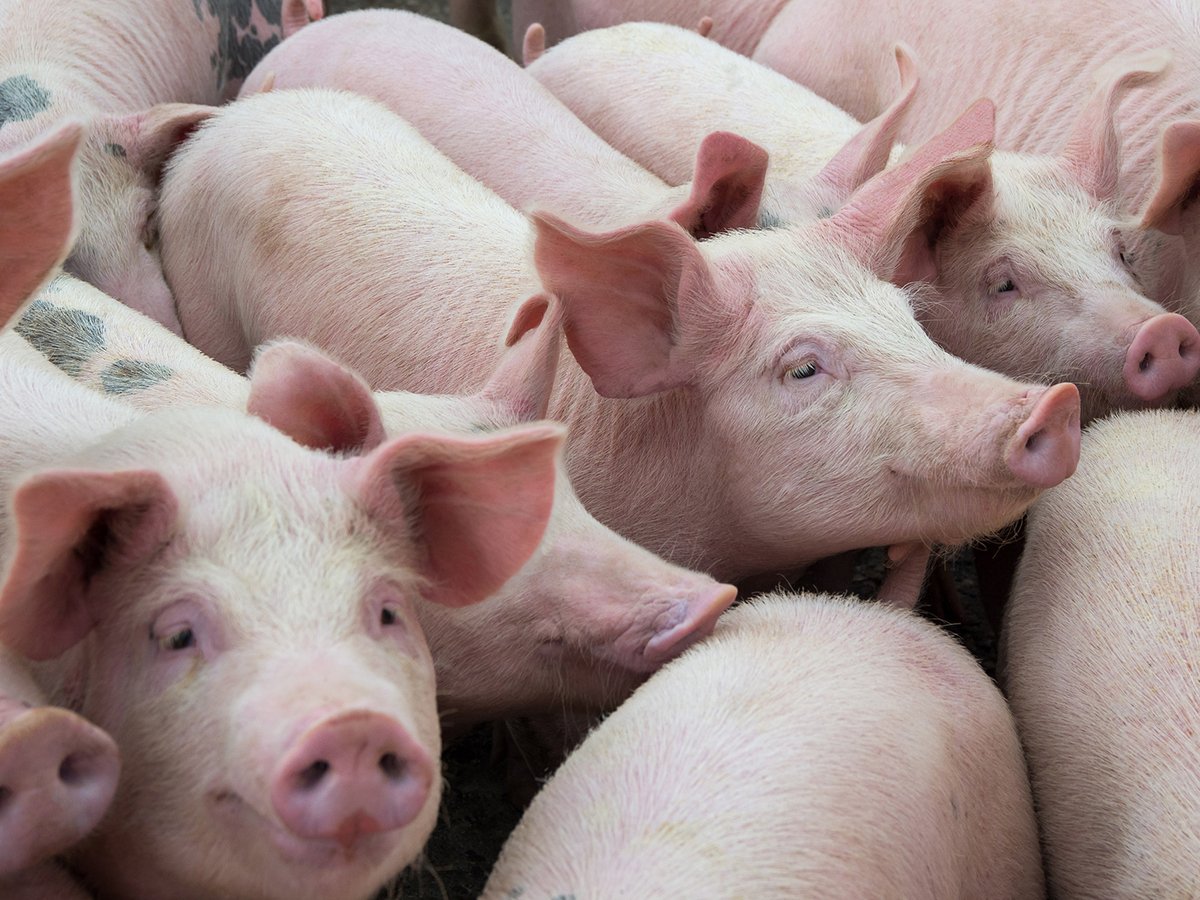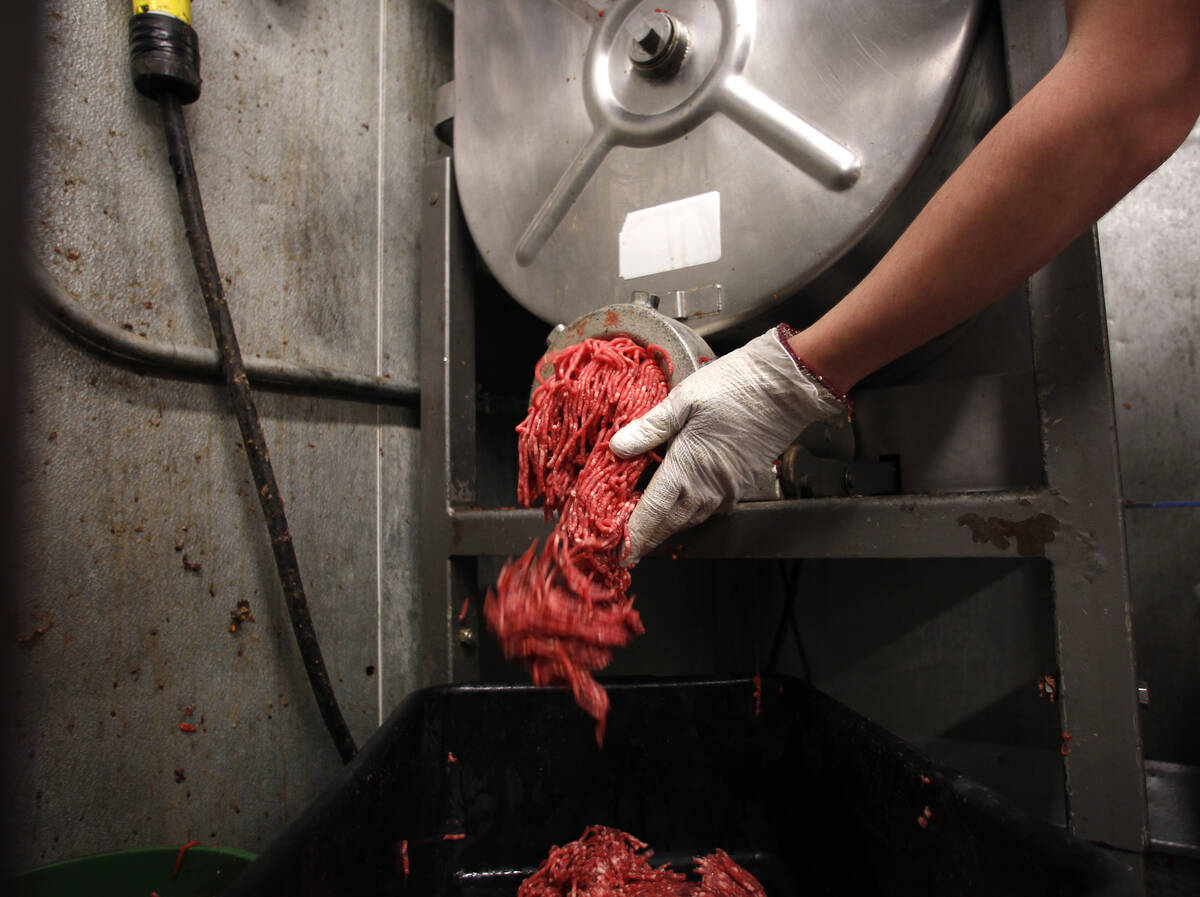CHICAGO, Ill. (Reuters — U.S. president Donald Trump’s plan to impose a 50 per cent tariff on goods from Brazil will likely raise prices for beef used in American hamburgers, traders and analysts said, as food manufacturers increasingly rely on imports during a time of declining domestic production.
The proposal is a blow to U.S. meat companies also facing tighter cattle supplies due to a halt of livestock imports from Mexico over New World screwworm, a flesh-eating pest spreading south of the border.
The tariff would slash imports of Brazilian beef and force companies to seek supplies from other nations as Trump broadens his global trade war, analysts said.
Read Also

Quebec pork company calls for transparency around gene-edited pigs
Quebec-based pork company duBreton is calling for transparency around meats from gene-edited pigs on concerns that a lack of mandatory labelling will confuse consumers, and dilute certification claims. The organic sector is also calling for labelling rules.
“If it does not get modified, you just cease the importation of Brazilian beef to this country,” said Bob Chudy, a consultant for U.S. companies that import beef.
“Not one pound will be economic at those levels.”
U.S. beef prices climbed to records this year, and production is projected to fall two per cent to 26.4 billion pounds after farmers reduced the nation’s cattle herd to its smallest size in more than seven decades.
A years-long drought dried up pastureland used for grazing, making it too expensive for many producers to feed their cattle.
Food makers have ramped up imports in response.
U.S. beef imports from Brazil over the first five months of the year more than doubled from the same period in 2024 to 175,063 tonnes, according to the latest U.S. government data. That accounted for 21 per cent of total U.S. imports.
A 50 per cent duty starting Aug. 1 would bring the tariff rate on Brazilian beef to about 76 per cent for the rest of the year, livestock analysts said.
“It is absolutely freezing trade today,” Chudy said of the proposal.
“We don’t know what to do as an import community.”
White House spokesperson Anna Kelly said Trump has shown that the United States can enact tariffs that level the playing field for American workers and farmers while lowering costs.
However, U.S. consumers also face sharp price rises on staples, including coffee and orange juice, traders said.
The U.S. is Brazil’s second-largest trading partner after China, and the tariffs are a major increase from a 10 per cent duty Trump announced in April.
The 10 per cent tariff already started slowing U.S. beef imports from Brazil in June, traders said.
U.S. companies import lean beef from Brazil and other countries to mix with domestic supplies to make hamburger meat. Consumers have shown they are generally willing to pay high prices for meat, though the tariff would be a new test of their demand.
“This tariff will likely raise the price of beef, a staple food for many, on the heels of Congress voting to reduce food assistance to the most vulnerable consumers,” said Thomas Gremillion, director of food policy at the Consumer Federation of America.
The tariff forces importers to pay more for Brazilian beef or source it from other, higher-cost suppliers, said Austin Schroeder, commodity analyst for Brugler Marketing & Management.
Importers may try to boost purchases from Australia, Argentina, Paraguay and Uruguay, analysts said.
“You need higher prices to ration out what you have available,” said Altin Kalo, chief economist at Steiner Consulting Group.
“Australia is shipping as much as they can here.”
Across the country, restaurants rely on a steady supply of imported goods that cannot be produced domestically, said Sean Kennedy, an executive vice-president for the National Restaurant Association.
“Dramatic tariff increases could affect menu planning and food costs for restaurants as they attempt to find new suppliers,” he said.

















